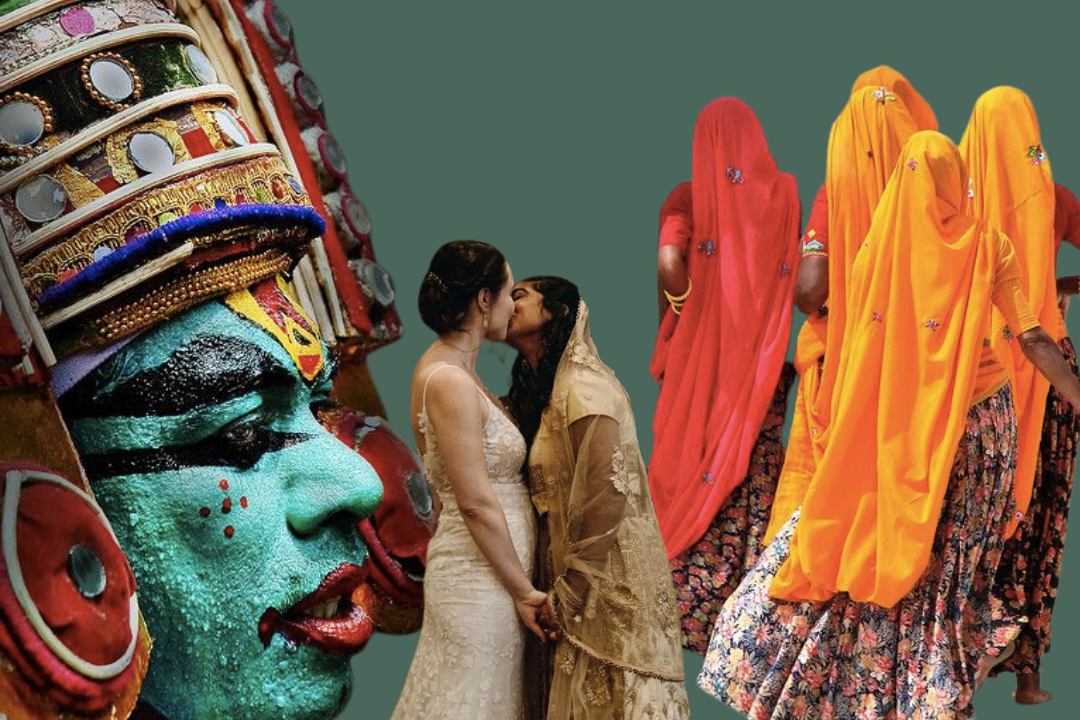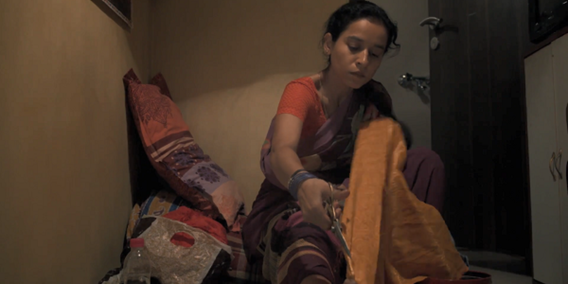Why Studying Abroad Won’t Make You a Culturally Informed Therapist
Literally everyone around me is pursuing or planning an education abroad. There’s this persistent belief that the West offers better quality education than what we have in India. And sure, some of the short-term courses are genuinely insightful. But when it comes to mental health, we can’t isolate education from intersectionality and privilege.
The culture and background someone comes from deeply shape their mental health. For many in marginalized communities, pain is often normalized—or worse, silenced—by circumstance. If we ignore caste, class, race, and religion while practicing therapy, we risk offering a hollow, surface-level connection.
Yes, it’s important to study different schools of psychology. Yes, techniques matter. But if we’re applying them without thinking about the cultural lens they’re viewed through, we’re missing the point. Therapy should not be a copy-paste of Western frameworks into Indian lives.
The Cultural Context We Keep Ignoring
Culture defines how we view relationships, identity, and belonging. Think about how many people stay in toxic households because disobedience isn’t an option. Or how often we change how we look just to be accepted. These aren’t just emotional struggles—they’re cultural conditions. And they can’t be fixed with textbook solutions that don’t account for the layered reality of Indian lives.
Too much of what we study in psychology comes with Western examples, Western dynamics, Western contexts. And then we wonder why the tools don’t fully work here. Without first acknowledging someone’s cultural, religious, and generational history, we can’t introduce healing in any meaningful way.
Every client brings a different reality. Their experiences with marginalization—visible or invisible—must shape our approach. If we don’t understand how rooted culture is in someone’s life, we’ll never be truly informed as therapists.
The Responsibility of Being Informed
We can keep collecting degrees. But unless we also sit with uncomfortable truths—about caste, colonialism, colorism, gendered expectations, and family dynamics—we’re doing our clients a disservice.
To be an informed therapist in India is not to mimic Western frameworks, but to question them, break them down, and rebuild them for the people in front of us. That work begins by understanding not just what someone is going through, but where they come from.
Because theory is powerful. But culture is everything.







